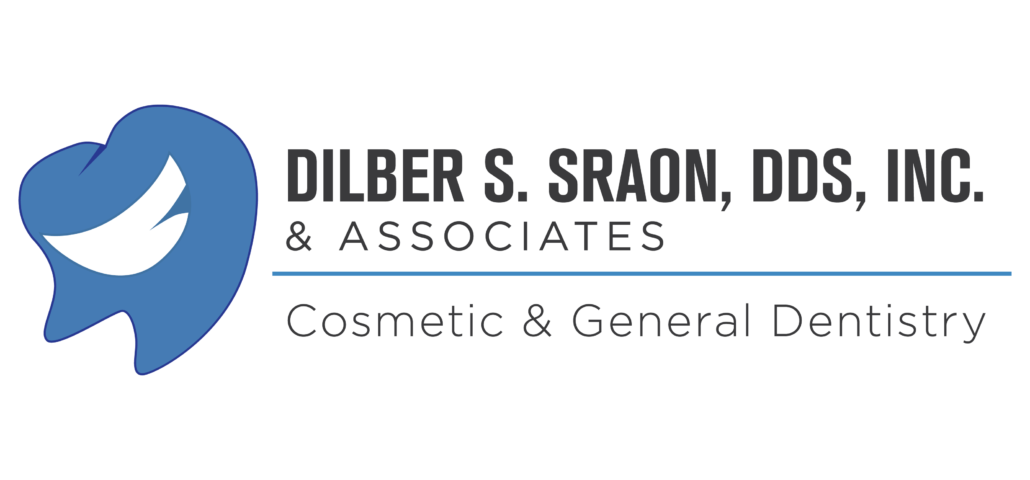‘Tis the Season for Healthy Habits
The holiday season is upon us! That means sweet indulgences, festive functions, long-awaited journeys to see loved ones, and changes to your usual routine. Along with these holiday celebrations come risks for your oral health. And while you should embrace the joyful season, it’s also important to keep an eye on your dental hygiene by remembering the following tips for a jolly jaw.
Outside of the holiday season, a healthy oral hygiene routine is critical to your overall health and consists of brushing your teeth at least twice a day for two minutes, flossing regularly, using an alcohol-free mouthwash, and staying on top of your professional cleanings.
Threats to this routine can appear in the most joyful of ways—like parties, family meals, and get-togethers with friends. These celebrations typically come with bounties of food, sweets, sugary drinks, and other indulgences that could harm your oral health. While you should certainly treat yourself during this time of year, it’s important to keep in mind what’s best for your long-term health.
One well-known tip for staying healthy is avoiding foods that are high in sugar, like candies and chocolate. Limiting sticky candies like toffee is smart since the sugar can get stuck between your teeth, and if you have your choice of chocolates, dark chocolate has a slightly lower sugar content than other chocolates. Hard candies, like candy canes, are popular around the holidays, but can also lead to damage and enamel cracks when bitten.
Another way to cut down on your sugar consumption during the holidays is minding what you drink. Festive beverages like soda, cocktails, hot chocolate, and eggnog are a delicious way to ring in happy tidings, but can also be loaded with sugar and acidity—a destructive combination when it comes to your gum and enamel health.
To minimize the damage of sugary snacks and drinks while still enjoying them, try incorporating glasses of water to wash away stubborn particles. Another way to minimize bacteria buildup is to avoid grazing at cocktail hours, during meals, and at parties. It’s easy to eat more than you normally would when you’re entertaining, attending gatherings, or having a holiday meal that stretches over many hours, so adding water when you can will benefit your oral hygiene.
If you can’t resist the extra nibbles, foods like cheese and meat can be far less harmful to the surfaces of your teeth. Not only is cheese delicious and popular at parties, but as a dairy product it is also a good source of calcium which strengthens teeth and neutralizes the acid and pH levels in the mouth to prevent cavities from forming.
One of the easiest times to stray from your hygiene routine is when traveling. If you’re staying in an unfamiliar place without your usual products, it can be easy to skip steps that you otherwise consider a necessary part of your day. To avoid disruption to your routine, be sure to pack your toothbrush, toothpaste, and hand-held flossers. Having everything you’re used to using at home with you on the road will help keep you on track to a healthy mouth.
The season also brings gifts, and sometimes it can be difficult to resist using your teeth as a tool to open plastic wraps and packages. Though it may be tempting, it’s always safer to take an extra moment to get a pair of scissors and avoid any harm you could do to your teeth. Fixing a chipped, broken, or cracked tooth would be much more expensive and time consuming than taking time to find the right tool.
While the holiday season can be packed with activities, it’s important to keep these tips in mind and stick to your regular dental visits. When you have a moment, give us a call to make sure you’re on track for your professional cleaning early in the new year.
